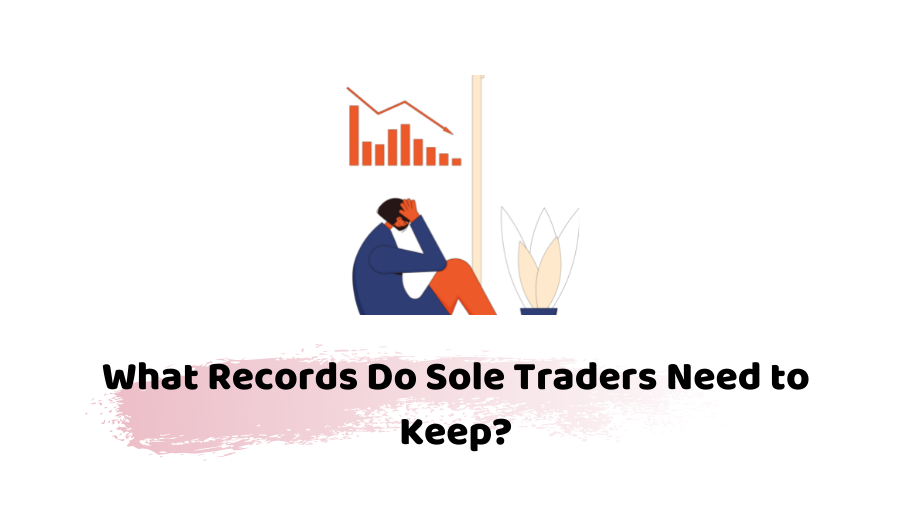The process of operating your business as a sole trader or self-employed professional is often a challenging yet fulfilling task that rewards adequate preparation with more profit and long-term convenience.
As someone who has been making your own income by selling products or services, you’re likely familiar with all the complexities that come with running your operations with such a setup. Coincidentally, these same complexities have led many business owners to ask different questions concerning the process and its various facets.
From “How can I ensure compliance with taxes?” to “How much do I need to pay to HMRC?” there are many questions that any sole trader is bound to ask themselves when it comes to ironing out various parts of the business. Among the different questions that you’ll end up asking yourself about maintaining your operations as a sole trader, here’s one that may end up confusing you: “What records do I need to keep when I’m self-employed?”
Why it pays to be particular about the records you keep
Considering that you’re running an actual business that gains profit regularly, it’s only right to expect that Her Majesty’s Revenue and Customs will ensure that you’re paying your dues.
Admittedly, it can be difficult to keep track of what records you’ll need to maintain as a solo business owner because there are certain accounts and records that you’ll need to be especially mindful of. However, it can be easy to lose track and end up being charged hefty fines and penalties if you aren’t well-versed in record-keeping yourself—or accounting for sole traders, in general.
But through proper record-keeping practices, you get to do more than just avoid tax problems or legal penalties because such a process is instrumental in the overall success of a business. Once you become well-aware of the records or details that you’ll need to deal with during tax time (and other periods of the year), it will be much easier to:
- Accurately inspect the status of your business
- Act on opportunities to correct or improve certain money-making or draining tasks in your operations
- Forecast for future contingencies regarding your finances and forecasted expenses
Which types of records will you need to keep and maintain?
As a self-employed professional, you need to keep certain accounts and records so that you can accurately report your income, expenses, and profit to HMRC annually on your tax return and stay on top of your numbers. To give you a better idea of what pieces of documentation will be most critical for your business’s financial documentation activities, here are the various records you’ll need to keep:
-
Details of all expenses related to selling your product or service and running your business
One of the most important cost components or records that you’ll need to note down and keep in order is every receipt or document detailing expenses related to selling your product or service and running your company. Generally, this category of documents involves receipts and records for expenses like materials, advertising, insurances, telephone charges, stationery, and wages (if you have staff—but this does not include your own wages).
-
Copies of VAT returns, the VAT you have paid, VAT you have reclaimed if you are registered
As with any other types of business structure, sole traders are required to provide accurate documentation and maintain airtight record-keeping with their Value Added Taxes because of how instrumental they are in calculating dues. It is important to note that individual returns must be supported by the transactions making up the total of each box on your VAT return.
-
Details of all your sales and all your income
Typically, the first thing that comes to mind whenever the light is shone on this particular component is trading income. However, reporting all your sales and income details doesn’t mean reporting every inflow as there are specific qualified expenses to watch out for. For instance, any investment you make into the business or loan you receive from a third party is not considered as taxable income because it is not recognised as trading income!
If you want to learn more about what costs you need to watch out for and how to stay on top of your record-keeping duties, it’s best to enlist the services of an expert like Accotax!
Conclusion
For any sole trader, one of the most difficult tasks that can come up is the process of recognising and understanding which specific records you need to keep and maintain in the long run. With this guide’s help, you won’t have to worry about missing the mark on keeping track of the critical pieces of information that you’ll need to deal with over time!
If you are looking for reliable tax accountants in London that can help your limited company stay on top of its accounting-related needs, Accotax is here to help. Get in touch with us today for a quote!





















































